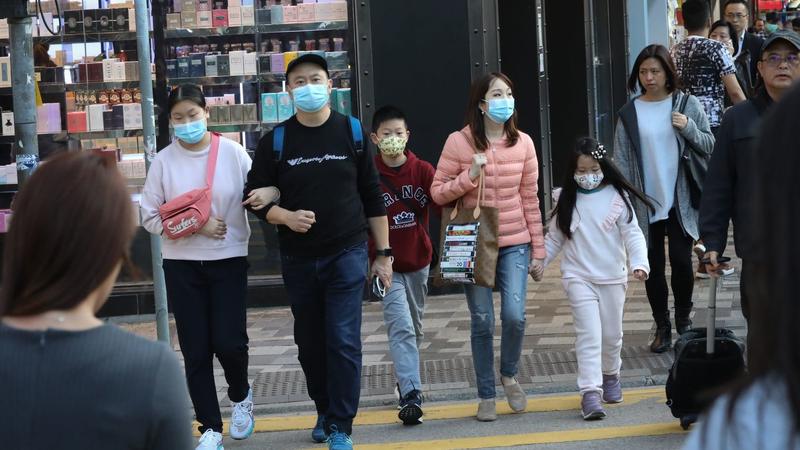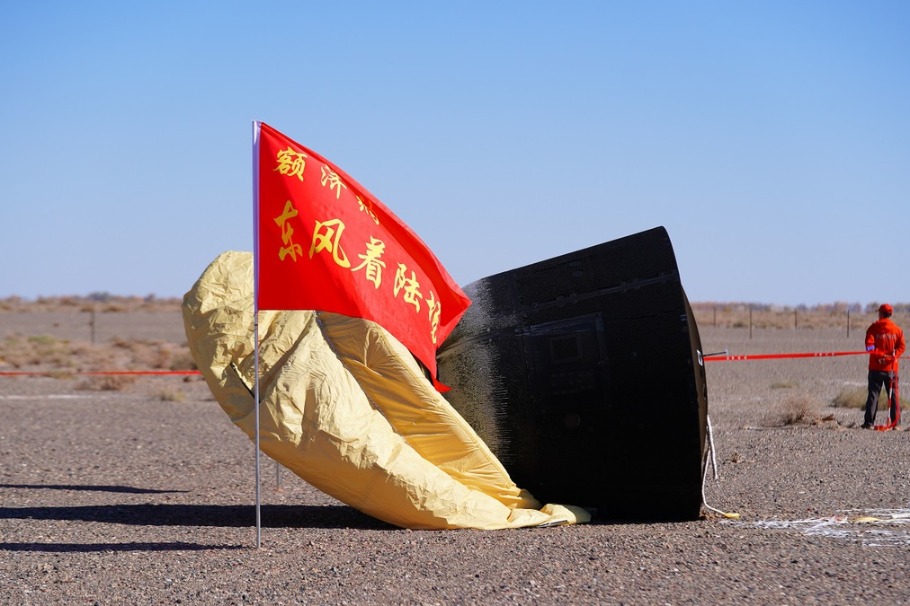Coronavirus a serious health threat


Happy expectations for the weeklong Chinese New Year holiday have been dampened by a new viral infection spreading rapidly in China and other countries. Since late 2019, people from Wuhan had been infected with a viral form of pneumonia whose cause was yet unknown.
Now the virus has been identified as a new type of coronavirus. Two other types of coronaviruses are SARS and MERS. The new virus is rapidly spreading across many countries, raising concerns about the possibility of a new epidemic like the one involving severe acute respiratory syndrome, or SARS, which killed several hundred people in 2002 and 2003. As of now, people infected with this new virus have been found in China, Japan, Thailand and South Korea. On Jan 21, 2020, the first case was reported in the United States, in a man returning to the US from a trip to Wuhan.
Some coronaviruses, first identified in humans in the mid-1960s, cause the common cold, while others have been found in bats, camels and other animals, and can cause severe illness leading to death. SARS emerged as a new coronavirus in 2002, infecting people in southern China. Fortunately, no new cases of SARS have been reported since 2004.
The MERS (Middle Eastern respiratory syndrome) virus, which is believed to originally have been transmitted to humans from dromedary camels, seems to be passed less easily than SARS from human to human. People infected with the coronavirus originally found in Wuhan suffer from coughing, fever and severe breathing difficulties. Although some antiviral drugs may lessen the severity of the symptoms, antibiotics do not have any effect. The recovery of those affected will depend on the strength of their immune system, which is already weakened in those who are very old and already sick.
The World Health Organization (WHO) has recommended screening aggressively for the newly found virus. Chinese leaders urged public health officials to urgently take appropriate measures for controlling the spread of the infection.
Both Chinese health officials and the US Centers for Disease Control and Prevention (CDC) are closely monitoring the situation, although they admitted that there is "much more to learn" about how the virus is transmitted. In the meantime, China's health commission has indicated that the government will respond with measures appropriate to manage outbreaks of the most virulent diseases, including mandatory reporting of cases. This is particularly important to be able to follow the course of the disease and to concentrate efforts in the most critical areas.
Residents of Wuhan should be encouraged to cancel plans to go out to restaurants for New Year celebrations, and avoid close places like movie theaters and shopping markets. It’s not bad to wear masks while joining friends to chat or play cards.
Because there is no effective vaccine to protect against this disease, controlling it relies on prompt identification, management and isolation of possible cases, personal protective measures, and the investigation of close contacts of those infected to minimize potential transmission. No efforts should be spared to control this disease.
The author is an international health consultant.
The opinions expressed here are those of the writer and do not necessarily represent the views of China Daily and China Daily website.


































